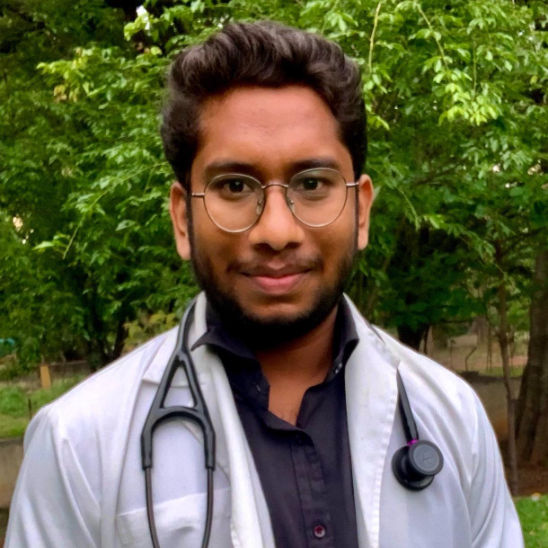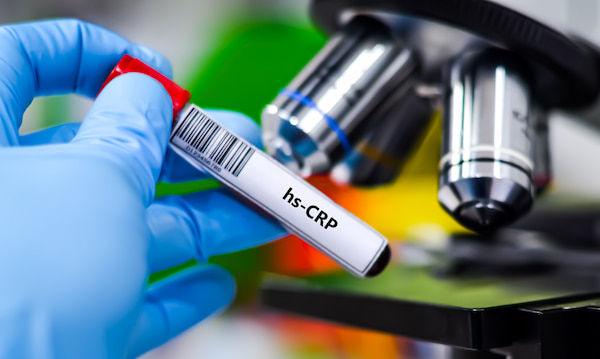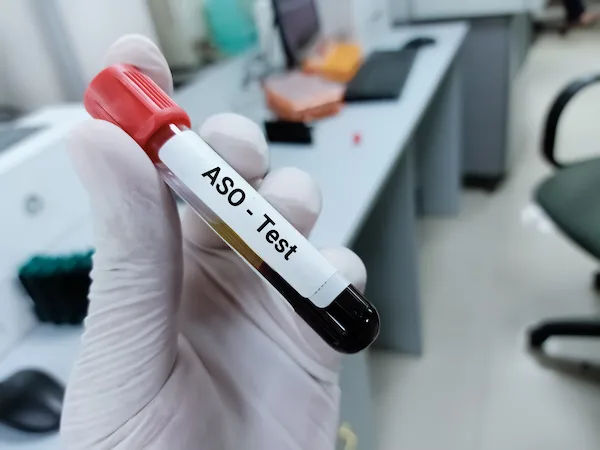hs-CRP and CRP: Differences and Normal Ranges
Know about the hs-crp and crp, the differences, normal ranges, why this is important, who should get tested and how to lower the hs-crp and crp levels naturally.


Introduction
When it comes to monitoring inflammation in the body, doctors often rely on two important blood tests: CRP (C-reactive protein) and hs-CRP (high-sensitivity C-reactive protein). While both measure the same protein, they serve different purposes. If you’ve been asked to get these tests done, you might wonder—what’s the difference, and why are they important?
Let’s break it down in simple terms so you can better understand your health.
What Are CRP and hs-CRP?
CRP (C-reactive Protein)
CRP is a protein produced by the liver in response to inflammation. A standard CRP test detects high levels of inflammation, which could be due to:
- Infections (bacterial or viral)
- Autoimmune diseases (like rheumatoid arthritis)
- Tissue injury (after surgery or trauma)
- Chronic inflammatory conditions
This test is useful for diagnosing and monitoring active infections or inflammatory diseases.
hs-CRP (High-Sensitivity CRP)
The hs-CRP test measures the same protein but is much more sensitive. It detects very low levels of CRP, which helps assess:
- Heart disease risk – Even slight inflammation in blood vessels can increase heart attack or stroke risk.
- Chronic low-grade inflammation – Linked to obesity, diabetes, and metabolic syndrome.
Unlike the standard CRP test, hs-CRP is mainly used for predicting cardiovascular risks rather than detecting acute infections.
Consult a Haematologist for Personalised Advice
Key Differences Between CRP and hs-CRP
Normal Ranges for CRP and hs-CRP
Standard CRP Levels
- Normal: Less than 10 mg/L
- Mild Elevation (10-40 mg/L): Minor infections, minor inflammation
- High (>40 mg/L): Serious bacterial infections, major inflammation
hs-CRP Levels (for Heart Disease Risk)
- Low Risk: Less than 1.0 mg/L
- Moderate Risk: 1.0 to 3.0 mg/L
- High Risk: More than 3.0 mg/L
If your hs-CRP is high, your doctor may recommend lifestyle changes or further tests to check heart health.
Why Are These Tests Important?
1. Detecting Hidden Inflammation
- Chronic low-grade inflammation (measured by hs-CRP) doesn’t always cause symptoms but can silently damage blood vessels, increasing heart disease risk.
2. Monitoring Infections & Autoimmune Diseases
- A high CRP level helps doctors confirm infections or track flare-ups in conditions like lupus or rheumatoid arthritis.
3. Preventing Heart Disease
- Since hs-CRP predicts cardiovascular risk, managing it early can help prevent heart attacks or strokes.
What Causes High CRP or hs-CRP?
Common Causes of High CRP
- Bacterial infections (pneumonia, urinary tract infections)
- Viral infections (flu, COVID-19)
- Autoimmune diseases (lupus, rheumatoid arthritis)
- Physical trauma or surgery
Common Causes of High hs-CRP (Chronic Inflammation)
- Obesity
- Smoking
- Uncontrolled diabetes
- High cholesterol
- Sedentary lifestyle
Get Your Health Assessed
How to Lower CRP/hs-CRP Levels Naturally?
If your levels are high, these lifestyle changes can help:
1. Eat an Anti-Inflammatory Diet
- Increase: Fruits, vegetables, whole grains, fatty fish (salmon, mackerel), nuts, olive oil
- Reduce: Sugar, processed foods, fried foods, red meat
2. Exercise Regularly
- 30 minutes of moderate exercise (walking, swimming) daily helps reduce inflammation.
3. Maintain a Healthy Weight
- Excess fat, especially around the belly, increases inflammation.
4. Quit Smoking & Limit Alcohol
- Both smoking and excessive alcohol consumption raise CRP levels.
5. Manage Stress
- Chronic stress increases inflammation—try yoga, meditation, or deep breathing.
6. Control Blood Sugar & Cholesterol
- If you have diabetes or high cholesterol, follow your doctor’s advice to keep them in check.
When Should You Get Tested?
Your doctor may recommend:
- CRP test if you have symptoms of infection (fever, pain, swelling) or an autoimmune disease.
- hs-CRP test if you have risk factors for heart disease (high BP, diabetes, family history).
Final Thoughts
Understanding the difference between CRP and hs-CRP helps you take better control of your health. While CRP detects active infections, hs-CRP warns about long-term heart risks. If your levels are high, simple lifestyle changes can make a big difference.
Consult a Haematologist for Personalised Advice
Consult a Haematologist for Personalised Advice

Dr Abilash Jain
General Physician/ Internal Medicine Specialist
12 Years • MBBS,DNB(FM),MNAMS,FIAMS,CCGMG(GERIATRICS),DGM (GERIATRICS),PGCD(DIABETES,BOSTON UNIVERSITY),FID(DIABETICS UK)CCEPC(PALLIATIVE CARE),CCCC(CRITICAL CARE)
Visakhapatnam
Apollo Clinic Vizag, Visakhapatnam

Dr. Sushith C
General Physician
2 Years • MBBS
Bengaluru
PRESTIGE SHANTHINIKETAN - SOCIETY CLINIC, Bengaluru

Dr. Ramalinga Reddy
General Physician
5 Years • MBBS MD General medicine
Bengaluru
PRESTIGE SHANTHINIKETAN - SOCIETY CLINIC, Bengaluru
Dr Sumanth R
General Physician
2 Years • MBBS
Bengaluru
PRESTIGE SHANTHINIKETAN - SOCIETY CLINIC, Bengaluru

Dr. Thorana Prakash M
General Physician
2 Years • MBBS
Bengaluru
PRESTIGE SHANTHINIKETAN - SOCIETY CLINIC, Bengaluru
Consult a Haematologist for Personalised Advice

Dr Abilash Jain
General Physician/ Internal Medicine Specialist
12 Years • MBBS,DNB(FM),MNAMS,FIAMS,CCGMG(GERIATRICS),DGM (GERIATRICS),PGCD(DIABETES,BOSTON UNIVERSITY),FID(DIABETICS UK)CCEPC(PALLIATIVE CARE),CCCC(CRITICAL CARE)
Visakhapatnam
Apollo Clinic Vizag, Visakhapatnam

Dr. Sushith C
General Physician
2 Years • MBBS
Bengaluru
PRESTIGE SHANTHINIKETAN - SOCIETY CLINIC, Bengaluru

Dr. Ramalinga Reddy
General Physician
5 Years • MBBS MD General medicine
Bengaluru
PRESTIGE SHANTHINIKETAN - SOCIETY CLINIC, Bengaluru
Dr Sumanth R
General Physician
2 Years • MBBS
Bengaluru
PRESTIGE SHANTHINIKETAN - SOCIETY CLINIC, Bengaluru

Dr. Thorana Prakash M
General Physician
2 Years • MBBS
Bengaluru
PRESTIGE SHANTHINIKETAN - SOCIETY CLINIC, Bengaluru


 (2).webp)

